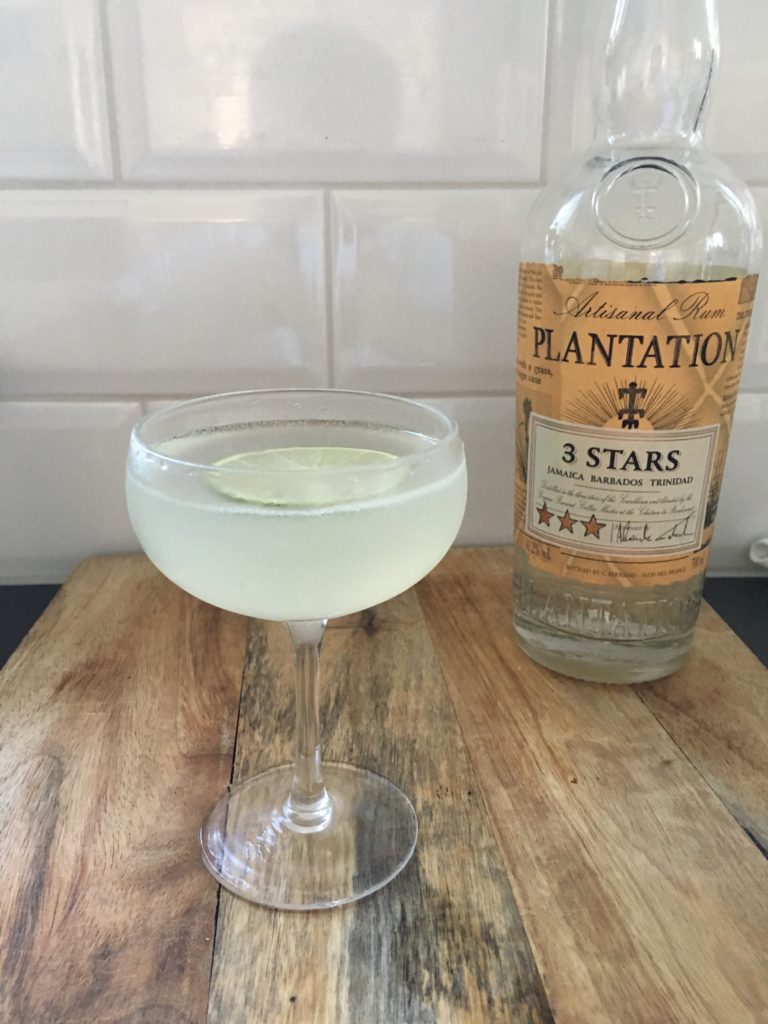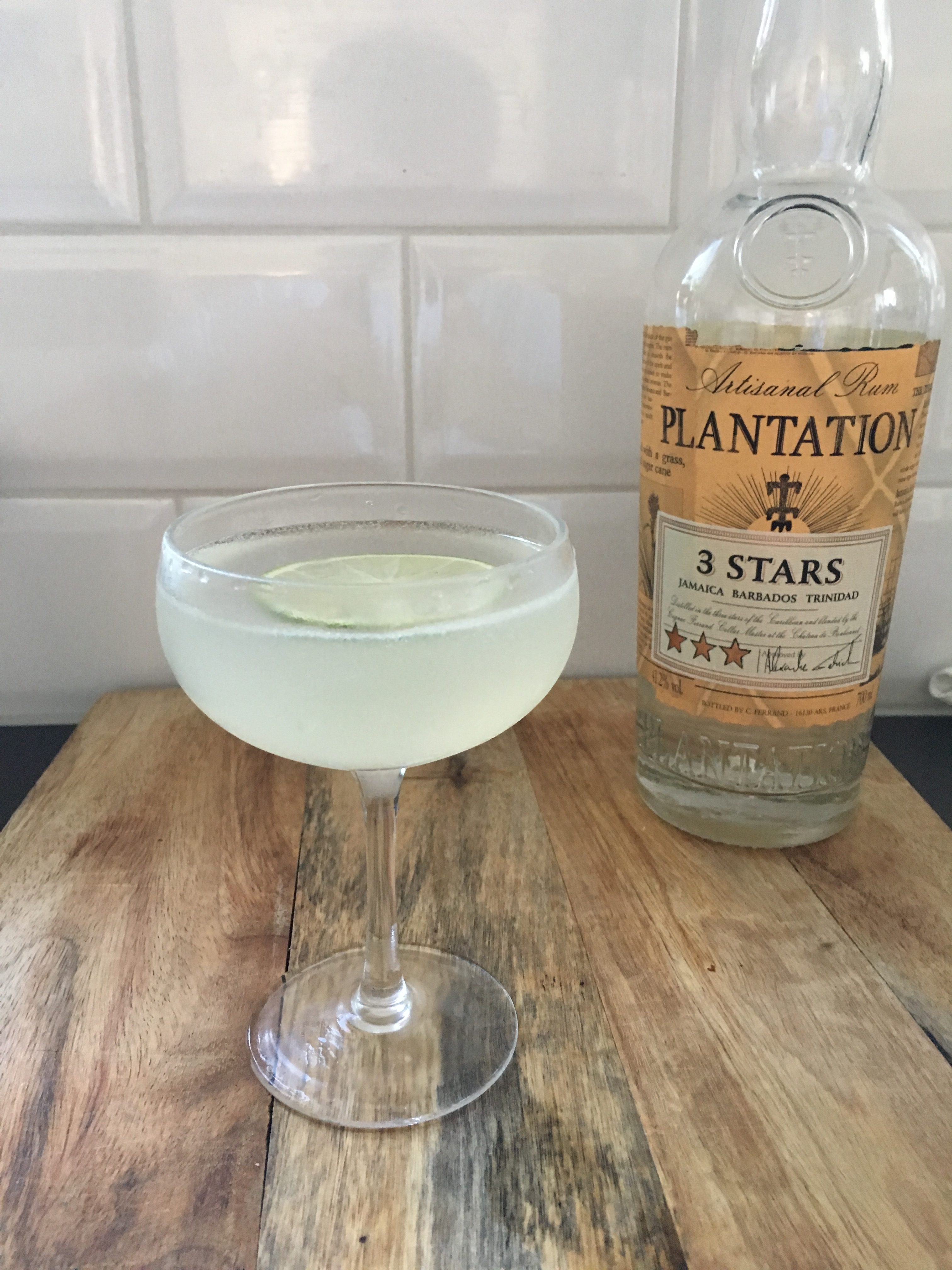The combination of white rum, lime and sugar in this classic cocktail gives the feeling of summer when imbibed. It is a cocktail of disputed origin, or rather creation, many stories of the creation of the cocktail exist. Taking a critical stand on this matter, my thought on the origin is that it predates many of the specific stories. The best origin story that I consider is the use of “navy grog” British sailors used to fight scurvy in the late 18th century. The navy grog consisted of the three ingredients rum, sugar and lime, which all are ingredients in the daiquiri. One may question the continuity between the daiquiri and the navy grog. But considering the combination is good today, and has been used for centuries, I would not consider it unreasonable that it has been consumed, in various amounts, since the grog first was made by the British sailors. Being an evolution of another classic cocktail, it may be hard to say when it turned from being one to the other, however at some point in time someone has given the daiquiri its name. While I have not spent very much time digging for the first documented version, my starting point I almost always use, the Savoy cocktail book, tells me that it existed under the name daiquiri at least 1930. In the 1939 book “the gentleman’s companion” by Charles H. Baker, he tells a story of the vast amount of people claiming to be its inventors. He does, however, claim to have his preferred origin story, being two men, Harry E. Stout, a friend of Baker’s, and Jennings Cox, invented it in 1898 in the Cuban village of Daiquiri. Personally, I doubt this is the true origin of the daiquiri when discussing the ingredients, however, the name is entirely plausible that it may have come from that Cuban village. To tell whether Baker just put those names to the cocktail as its creator or if there is some truth to it, I am not the right person to ask.
When I make this cocktail, I tend to go by one of two recipes, depending on what I have on hand when making the cocktail. For me the thing that decides what recipe I’ll use is the rum, and also who will consume the cocktail. If I use a rum I like, i.e. plantation three star, I tend to use less sugar and lime and let the rum shine through. If I use a rum that is ok but not something special, i.e. Bacardi, it I tend to use more sugar and lime, making the cocktail a bit more neutral and balanced. Either way, unless you use a rum that taste like rocket fuel, the daiquiri will taste good, but keep in mind that you may want to change the sugar and lime to balance the rum.
When you are thinking about doing your own twist on a cocktail like this, is tends to be a bit of a double-edged sword. On one hand it is not many things that needs to be adapted, meaning it would not need particularly many tries before a balanced cocktail is found. On the other hand, if you do not find the balance, the fact that it is not balanced will come through. This is particularly important to keep in mind when using fruit in a daquiri. If the fruit that you are using is very sweet you may want to dial back the amount of sugar or syrup you are using, but if it is very sour or tart, you may want to dial back the lime. A third thing to keep in mind is the how flavourful the fruit you are using is, if it is very flavourful less of the fruit is needed than if it was not as flavourful. The way I usually go about making the flavoured daiquiris is that I tend to do flavoured syrups, raspberry, pomegranate (grenadine), etc. for me it tends to be easier to find the right balance when I have the sweetness already balanced in the syrup, it is also easier to prepare if you are going to make many cocktails by having it prepared this way. All in all, the daiquiri is a great, simple classic cocktail that gives the maker almost endless amounts of variation possibilities.
My recipe:
- 2 oz (6 cl) White Rum
- 0.75 oz (2.25 cl) Lime Juice
- 0.75 oz (2.25 cl) Simple Syrup
Add the ingredients to a shaker with ice, shake and strain into a chilled coupe glass. Garnish with a lime wheel or a lime wedge.

